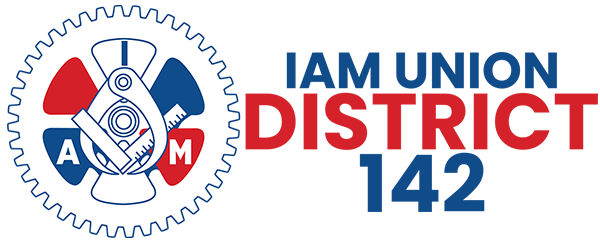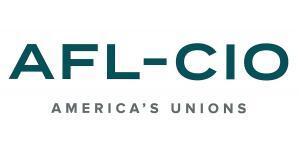It was an honor and a privilege to represent the IAM at the Global Cabin Air Quality Executive (GCAQE) and International Transport Workers Federation (ITF) Cabin Crew Committee’s annual meetings. The absolute necessity of airline workers collaborating on a worldwide scale has never been more apparent than it is now, with the ever-expanding global airline networks.
The GCAQE focus is to fight for air quality standards and research on the issue of cabin air quality. Our group is working with leaders in science on issues of air quality and toxic air monitoring and prevention. There were cabin crew present who gave first hand testimonials on experiencing severe toxic fume events and how it’s negatively impacted their health, even to the point of disability. In addition, results from the last year’s research was reported from experts from around the world. One of the most exciting developments is that a blood test that may reveal exposure to a fume event. Also, last November at the ITF at the Congress there was a vote that approved an ITF committee to address air quality issues. IAM District Lodge 142 President Dave Supplee who has been involved at the forefront on this issue for years, will sit on this committee with other International representatives. We continued discussion on air quality and those developments later in the week at the ITF Cabin Crew Committee meeting where representatives from over 24 countries from around the world were present.
There were reports of major travesties being committed by Qatar Airways against their cabin crews’ human rights, which included requiring permission from the airline to travel home on days off, requiring permission to be married and being closely monitored, even while not at work. Another international update was presented on our Brothers and Sisters from the Malaysian Air Cabin Crew union that their government is currently attempting to exploit the recent Malaysian Air tragedies to pass laws that would assist in usurping their current CBAs in order to diminish their working conditions.
The Flags of Convenience (FOC) airline business model was addressed as well. Norwegian Air International (NAI) is a main perpetrator of FOC scheme by registering itself on paper in Ireland due to its very lenient employment and tax practices while continuing to operate based out of Norway. Due to the lenient employment practices afforded by Ireland they are able to employ flight attendants and pilots from Singapore and Thailand using employment agencies. These workers are paid substantially less and are subjected to much worse working conditions than any of cabin crew in Norway and there is no recourse since their possibility of forming a union being contracted employees based in Thailand, is nearly impossible. Also, due to the constant use of third parties it makes safety and security verification or the reporting of violations nearly impossible. This business model is a danger to the entire industry and we are currently fighting NAI’s DOT approval to fly in and out of the United States as well. The NAI FOC scheme would be the first step in putting the global airline market into a downward spiral that would result in a race to the bottom.
There was an undeniable electricity in the room as IAM and ITF gave an update on the status of the Delta campaign, which included news of the NMB filing. So many unions from Japan to Norway to Lebanon waited their turn to express their passionate commitment to solidarity and spoke on their eagerness to help to provide Delta flight attendants a voice. Once represented, Delta flight attendants will have a voice on national issues, such as the no knives campaign, KCM and OSHA as well as global issues, such as the FOC business model. The 20,000 flight attendants missing from these discussions creates a deafening silence and the ITF Cabin Crew Committee reiterated their commitment to helping Delta flight attendants receive the voice they deserve.
Overall these meetings are an integral part of fighting our issues on a global stage. In addition to the major airline mergers in the United States, airlines from around the world have aligned themselves through code shares and airline alliances, so in order to take on these huge conglomerates we must continue to build solidarity and fight our battles with our Brothers and Sisters the world over and the IAM is committed to taking the lead.
In Solidarity,
Sara Gonzalez
General Chairperson

